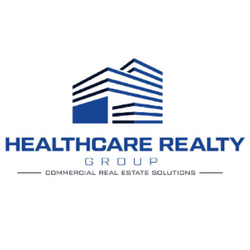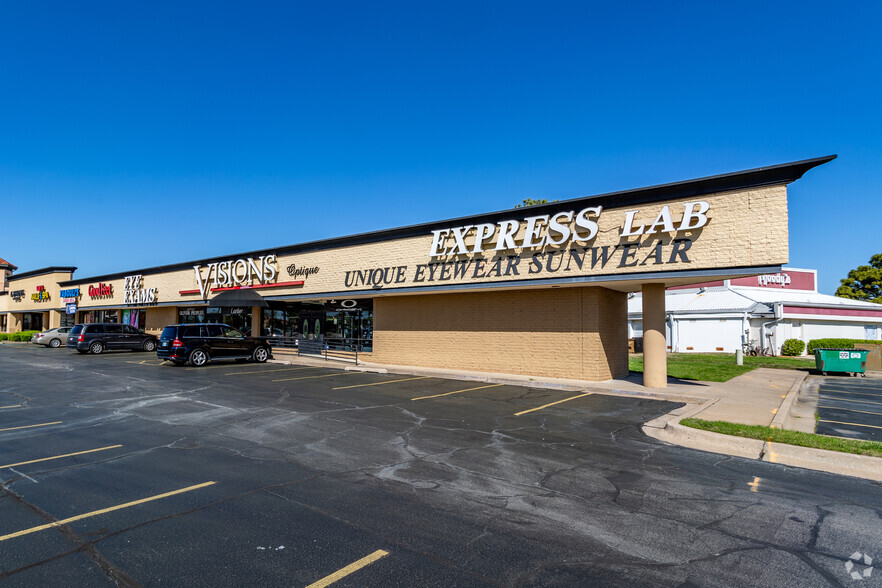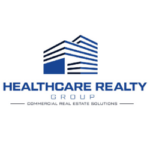As a healthcare tenant, it’s crucial to be aware of your rights in real estate transactions. One of the most important is the right to representation.
Some landlords may try to discourage tenants from obtaining representation, but it’s essential to recognize that representation is critical to navigating the complexities of lease negotiations and achieving favorable terms.
Here are some terms and conditions that are often missed or overlooked:
- The length of the lease: The term of the lease should be negotiated to reflect the needs of your practice, and it should include options for renewal or early termination.
- Rent escalations: Rent increases should be clearly spelled out in the lease, and you should negotiate to limit the frequency and amount of these increases.
- Buildout allowances: If you need to modify or improve the space to suit your practice, negotiate for a buildout allowance that covers all or part of the costs.
- Maintenance and repairs: Determine who is responsible for maintaining and repairing the property, and negotiate to limit your liability for repairs and replacements that are the landlord’s responsibility.
- Subletting or assignment: Determine whether you’re allowed to sublet or assign the lease to another tenant and negotiate terms that are favorable to your practice.
- Non-compete clauses: Be aware of any non-compete clauses that limit your ability to practice in a certain area and negotiate to limit their scope or duration.
By having an expert in medical real estate on your side, you can identify and negotiate these and other terms that are often missed or overlooked and achieve the most favorable lease or purchase terms for your practice.
Medical real estate experts understand the nuances of lease negotiations and can help you navigate the hidden opportunities that landlords use to take advantage of unrepresented tenants. With a professional advocating for your interests, you can negotiate on an equal footing with the landlord and achieve the best possible outcomes in your real estate transactions.
In conclusion, it’s crucial to exercise your right to representation as a healthcare tenant or buyer. By being aware of the terms and conditions that are often missed or overlooked and seeking the help of an expert in medical real estate, you can negotiate effectively and protect your interests. Don’t let intimidation tactics or misinformation deter you from seeking the help you need to achieve favorable lease or purchase terms for your practice.







One Response